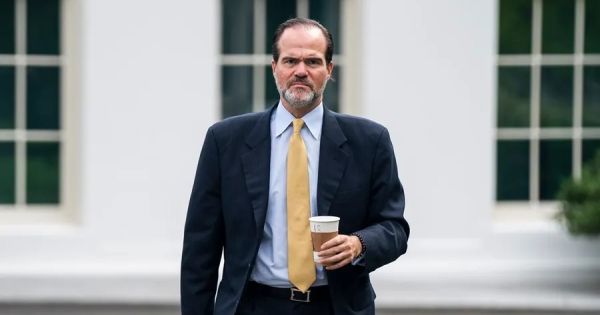

In a significant development in US-Latin America relations, President-elect Donald Trump announced on December 23, 2024, the appointment of Mauricio Claver-Carone as the State Department's Envoy to Latin America. Claver-Carone, a Cuban-born former president of the Inter-American Development Bank (IDB), previously served as senior director for Latin America at the White House and was appointed by Trump in 2020 but was dismissed due to an ethics scandal. Trump's decision to reappoint Claver-Carone highlights his confidence in the latter's expertise regarding the region and his focus on critical issues such as illegal migration and the fentanyl crisis [5864fdc2].
Claver-Carone's appointment comes at a time of heightened tensions between the US and Argentina, particularly under the leadership of President Javier Milei. Claver-Carone has been vocal in his criticism of Milei's economic policies, particularly those implemented by Economy Minister Luis Caputo. He expressed skepticism about Milei's economic strategies and the administration's pursuit of an IMF loan, which adds a layer of complexity to the diplomatic relationship [5864fdc2].
The backdrop of this appointment is Milei's recent dismissal of foreign minister Diana Mondino after Argentina voted in favor of lifting the US economic embargo on Cuba at the United Nations. This vote, which saw Argentina align with 186 other nations, marked a departure from Milei's administration's previous alignment with US and Israeli policies. The new foreign minister, Gerardo Werthein, is expected to navigate these diplomatic waters carefully, especially with Claver-Carone now in a position to influence US policy towards Latin America [ded19fbd].
Trump has referred to Milei as “his favorite president” after their meeting at Mar-A-Lago, indicating a personal rapport that may complicate Claver-Carone's role. As both nations grapple with their respective political landscapes, Claver-Carone's role will be pivotal in shaping future interactions, particularly regarding economic cooperation and regional stability. His past clashes with Milei's administration suggest that the relationship may be fraught with challenges as both leaders pursue their distinct agendas [5864fdc2].